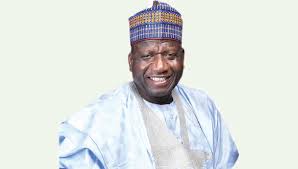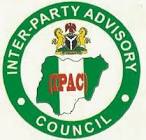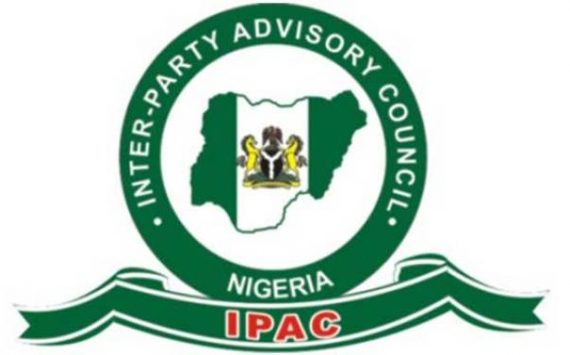IPAC lists lessons from Liberian polls
IPAC lists lessons from Liberian polls
IPAC wants no delay in conduct of Lagos LG polls
The Inter-Party Advisory Council (IPAC) in Lagos State has advised Gov. Babajide…
IPAC dissolves interim committee, fixes Sept. 5 for election
The Inter-Party Advisory Council (IPAC), has dissolved its Interim National Committee-led by…



